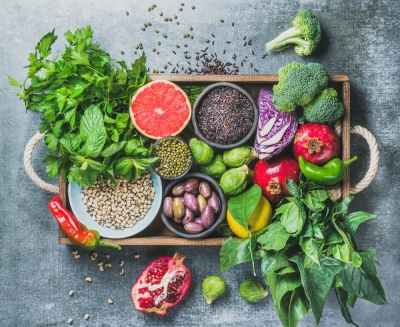
The coronavirus outbreak has sparked an interest in veganism with more and more people finding themselves drawn towards plant-based foods and drinks.
Veganism is the practice of avoiding animal products, especially in one’s diet. It seeks to exclude all forms of exploitation of animals for food and fibre. In other words, it rejects the idea of commodifying animals.
Those who adopt this philosophy as a way of life are called vegans. They not only avoid animal foods such as meat fish, milk and other dairy items eggs and honey, and animal-derived products such as leather, but also refuse to patronise zoos and circuses that use animals for entertainment. The tem ‘vegan’ was coined by Donald Watson of Britain in 1944 to describe non-dairy vegetarians.
Many vegans eschew meat as it amounts to cruelty to animals. Some practise veganism to improve their health. Environmental concern arising out of animal agriculture is also one of the reasons that makes people go vegan. Then, what do vegans eat? A vegan diet comprises food from plants such as fruits and vegetables, legumes, nuts, rice wheat and vegetable oils. Vegans consume soymilk, almond milk and coconut milk in the place of dairy milk.
Health benefits
Vegan foods are rich in fibre and antioxidants. They help protect against diseases such as cancer and diabetes. Besides, a plant-based diet could lower cholesterol and the risk for certain coronary diseases while keeping body weight in check.
Though a vegan diet can be male healthy and nutritive with the available alternatives, there is one nutrient – vitamin B12 which our body needs to make red blood cells – that is present only in animal products.
Did you know?
The total number of vegans, vegetarians, and related categories was estimated to be about 8% of the world population as of 2018.
Picture Credit : Google

